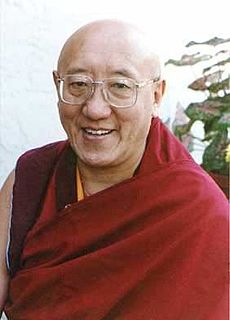A Quote by Georg C. Lichtenberg
Once we know our weaknesses they cease to do us any harm.
Related Quotes
We can scarcely indeed look into any part of the sacred volume without meeting abundant proofs, that it is the religion of the Affections which God particularly requires. Love, Zeal, Gratitude, Joy, Hope, Trust, are each of them specified; and are not allowed to us as weaknesses, but enjoined on us as our bounden duty, and commended to us as our acceptable worship.
It is very easy to say that your opponents have been guilty of a breach of faith, but it is a great mistake to splash the paint about so freely that your words cease to have any real meaning and cease to carry any sense of affront even to those to whom they are applied and cease to bear any connection with any genuine feeling of indignation on the part of those on whose behalf they are spoken.
I have come to know that adversity really means the things in life that challenge us and cause us to work with devotion and courage to overcome. I once stood on a street in Trondheim, Norway, looking up at a statue of a Viking. There came to my mind at that time a fable of the Norsemen that when a man won a victory over another, the strength of the conquered went over into his veins. Therefore, in this sense adversity is good, for it produces in us a source of strength as we learn to conquer our weaknesses.
You will die. You will not live forever. Nor will any man nor any thing. Nothing is immortal. But only to us is it given to know that we must die. And that is a great gift: the gift of selfhood. For we have only what we know we must lose, what we are willing to lose... That selfhood which is our torment, and our treasure, and our humanity, does not endure. It changes; it is gone, a wave on the sea. Would you have the sea grow still and the tides cease, to save one wave, to save yourself?
When the Cambrian measures were forming, They promised perpetual peace. They swore, if we gave Them our weapons, that the wars of the tribes would cease. But when we disarmed They sold us, and delivered us, bound, to our foe, And the Gods of the Copybook Headings said: "Stick to the Devil you know."
Before making peace, war is necessary, and that war must be made with our self. Our worst enemy is our self: our faults, our weaknesses, our limitations. And our mind is such a traitor! What does it? It covers our faults even from our own eyes, and points out to us the reason for all our difficulties: others! So it constantly deludes us, keeping us unaware of the real enemy, and pushes us towards those others to fight them, showing them to us as our enemies.




































